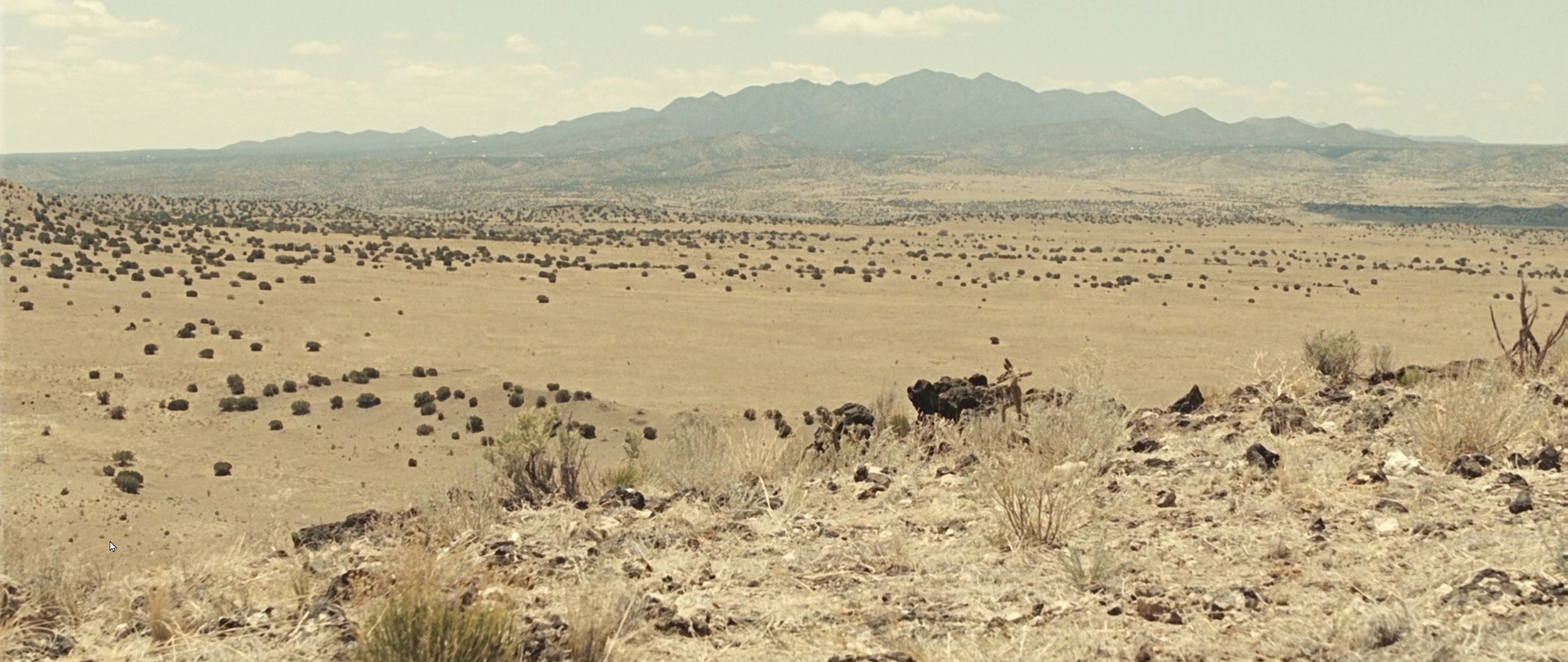Hi everyone — I’m Joan Rohlfing, president and COO of the Nuclear Threat Initiative. We’re a nonprofit, nonpartisan global security organization focused on reducing nuclear and biological threats imperiling humanity. In an era when the likelihood of use of weapons of mass destruction by individuals, terrorist organizations, and states is growing, we work to drive systemic change by galvanizing large-scale institutional adoption of innovative global security practices and programs. We’ve been doing it successfully for 20 years now.
What threats are most urgent? What can we do to stop them? I'm ready to answer those questions and more on Thursday, December 9, from 11 a.m. to 2 p.m. EST. (You can ask me something during that window or anytime before.)
This AMA is a follow-on to a talk I gave about nuclear threats in October, at the Effective Altruism Global 2021 conference in London. I discussed my strong belief that it is possible to make a difference in this arena, and I described what I believe we can do — and must do — together to build a safer world. I look forward to continuing that conversation this week!
A little more about me: Before joining NTI, I held senior positions in the U.S. Department of Energy and worked as an advisor to the U.S. Ambassador to India in the wake of nuclear tests in India and Pakistan. Earlier in my career, I oversaw nuclear weapons policy and acquisition programs at the Department of Defense and the Armed Services Committee of the U.S. House of Representatives. My thinking on nuclear security has been shaped by 35 years working in this field, and I’ve worked on this from all angles — from a military, a diplomatic, a political, a technical, and an academic perspective.
I look forward to your questions — ask me anything!


What in your opinion are the largest bottlenecks/barriers to achieving reduction of nuclear risk today? Would more advocacy groups be useful, or greater focus on popular social movements? Is further research needed, or is it simply a case of translating common knowledge into political will to take action (& for example reduce stockpiles or end first use posture)?
To cut to the essence of my question - what should individuals focus their efforts on today to have the greatest impact in terms of reducing nuclear threat?
We have to pursue multiple strategies for reducing nuclear risks – no one strategy alone is sufficient. Because governments possess nuclear weapons and have the resources necessary for implementing risk reduction measures at the scale that’s needed, it’s imperative to continue to leverage policy change by governments as a core focus of nuclear risk reduction efforts. This includes generating creative ideas for policy solutions that governments could adopt. But a strategy that focuses only on persuading government leaders to adopt policy changes has pr... (read more)